Having a child with a rare disease can be exhausting, frightening and stressful but they can also enrich your lives in so many ways. As a photographer, I wanted to create a book that celebrates these differences and let their personalities shine through.
With this book, we aim to make people more aware of what it means to be affected by a rare disease whilst giving them a stronger voice in their community. Using powerful portraits to capture the person behind the condition and sharing as many stories as possible, we can make people think and look beyond their first impressions. The joy and happiness of each child shines through whilst their families discuss their own personal rare disease experience.
As a parent to a child with a rare disease, I can understand the isolation that you can feel and through this book I want to help people understand that they’re not alone. When my own son was diagnosed with Moebius syndrome, all the searches online brought up really negative images which made a difficult situation even worse.
We can’t take away the devastation that you feel on getting a diagnosis but perhaps we can show that there is light to be found in the dark days. For this first print run, we are looking to use crowd-funding and people will only have to pledge their support, meaning that unless we reach our target they will not be charged.
More info: kickstarter.com
Happy and lively
Jacob is a happy, lively, little boy who loves being involved with everything. He can be a bit grumpy and a bit stroppy but overall he’s good.
“Jacob has something called X-linked Hypohidrotic Ectodermal Dysplasia. It affects his ectodermal layer which means he can’t sweat and so it is hard for him to regulate his body temperature. He overheats in the summer when it’s hot and in the winter, if it’s very cold, he can’t warm himself up as we would. It has also affected his teeth. He has four top teeth and three bottom teeth, most of which are misshapen and pointed. He wears a little denture on his top set to help him with eating. Having no pigment behind his retina means he wears sunglasses when he’s out and about because he is so sensitive to light. He also has eczema and so I can be putting creams on him up to five times a day.”
Takes each day at a time
Ryley has Cystinosis which means that his organs store the amino acid crystals, that we all have, rather than break it down as usually happens. Because his body does not break it down, it damages the organs. It starts with the kidneys but then it can affect the brain, the eyes, and muscles. He has to have medication every 6 hours to help break down the cysteine, which doesn’t necessarily get rid of it but helps to prolong his life.
Despite the constant visits to the hospital and ongoing medication, he is such a strong and determined little boy. Thankfully he is really easy going.
Brave and determined
April is a brave and determined little character, so friendly and quirky, she charms everyone who meets her. She forever wants to play out in the garden or at the park and loves mud and puddles and paint – anything where she can make a mess.
April is a little girl who has but is not defined by, mps1 (Hurlers Syndrome). This is a genetic condition which affects 1/100,000 people.
Invisible condition
“All I want is for people to see Charlie as the little boy he is and hopefully treat him the same as every other child.”
Charlie was diagnosed with MECP2 Duplication Syndrome when he was 15 months old. This is a duplication of the MECP2 protein/gene and it’s located on the XY chromosome. What it means for Charlie is that people affected by this condition usually have global developmental delay, are non-verbal and can be prone to seizures later in life due to the build-up of protein. Many with the condition suffer from recurrent respiratory infections.
Hidden challenges
Her smile and bubbly personality hide the fact that at such a young age she has already been through so many challenges.
Grace has multiple issues – starting at her head, she has a brain injury called PVL, Periventricular leukomalacia, her spine finishes above her sacrum, Sacral Agenesis (SA), around T12, her spleen is on the wrong side, she has a heart murmur and she had a cyst on her lung which was removed, her intestines were rotated but that was also fixed (at 7 days old)!
Seizures don’t stop the fun
Iwan is a happy boy and loves his family, he is super clever at jigsaw puzzles and loves to bake.
He had his first seizure at 8 months, it lasted 50 minutes and ended up in A&E. This became a regular event with him having up to 8 prolonged seizures a day needing ‘rescue medicines’, as he couldn’t stop his seizures without medical help.
His seizures are better controlled as he takes 3 antiepileptic drugs twice a day. Children with Dravet (Iwan included) also have hypermobility and ataxia and are unsteady and require help getting around. Iwan was also diagnosed with Autism which is common in Dravet. He is impulsive and unpredictable and has no awareness of danger. Despite his complex condition he is loved by his family and brings happiness to those he meets.
A shared syndrome
Poppy and her sister, Ffion, both have Marfan syndrome. Despite the condition affecting their heart and limbs, they are full of joy and love.
Typical characteristics of the syndrome include being tall, abnormally long and slender limbs, fingers and toes, heart defects and lens dislocation. As the symptoms of Marfan syndrome don’t always develop during childhood, it may not be identified until the teenage years.
Strong-willed and independent
“Izzy is a very happy and affectionate little lady who loves to spend time with her parents, sisters, and pets. She is a huge fan of Disney films and watches them every day along with her dolls that match each film.
She is strong-willed and independent, she is absolutely perfect in our eyes and the sunshine in our lives!”
She suffered a stroke as a result and has been left with an extensive brain injury which has left her permanently disabled. She suffers from multifocal epilepsy, hemiplegia with her left side being weaker, hearing impairment, auditory processing disorder, communication difficulty, development delay and has also been diagnosed with autism.
Masked emotions
Katja is a kind and loving girl who absolutely adores music and can always be heard singing around the house. She is an avid reader and spends a lot of time writing short stories herself. She has an infectious warmth and happiness about her and loves being around her family and friends.
Katja was born with Moebius Syndrome, a rare congenital disease which causes paralysis in some of the cranial nerves; especially those that control the muscles of the face, eyes, and ears. This means that Katja is unable to smile, frown or blink and has some difficulties with her hearing. She is also unable to move her eyes from left to right, which affects her co-ordination and balance, and she suffers from muscle weakness causing scoliosis of the spine. However, this does not stop her always trying her best at things.
3Kviews
Share on Facebook
 Dark Mode
Dark Mode 

 No fees, cancel anytime
No fees, cancel anytime 






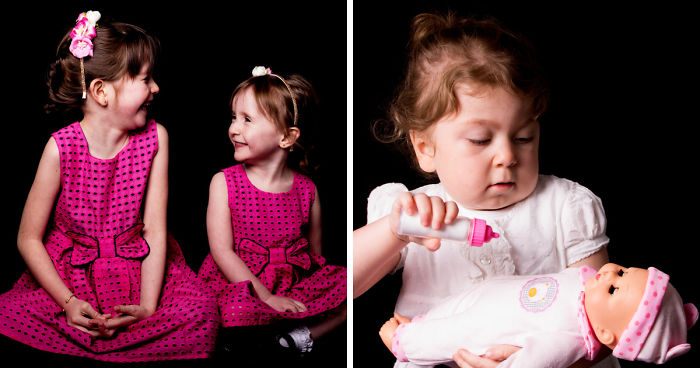
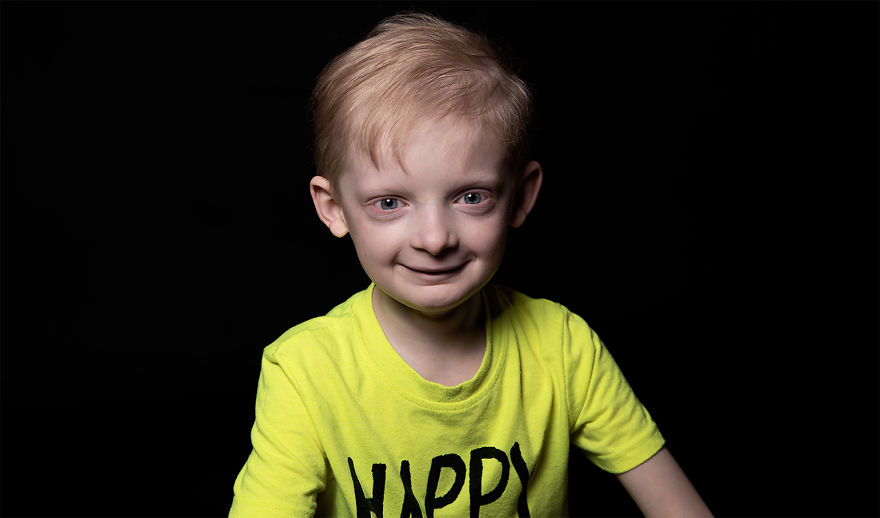
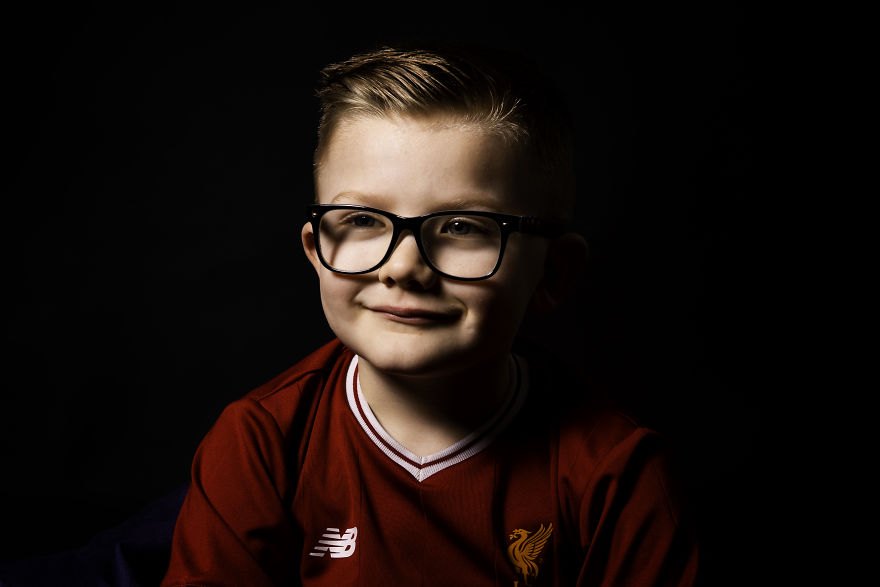
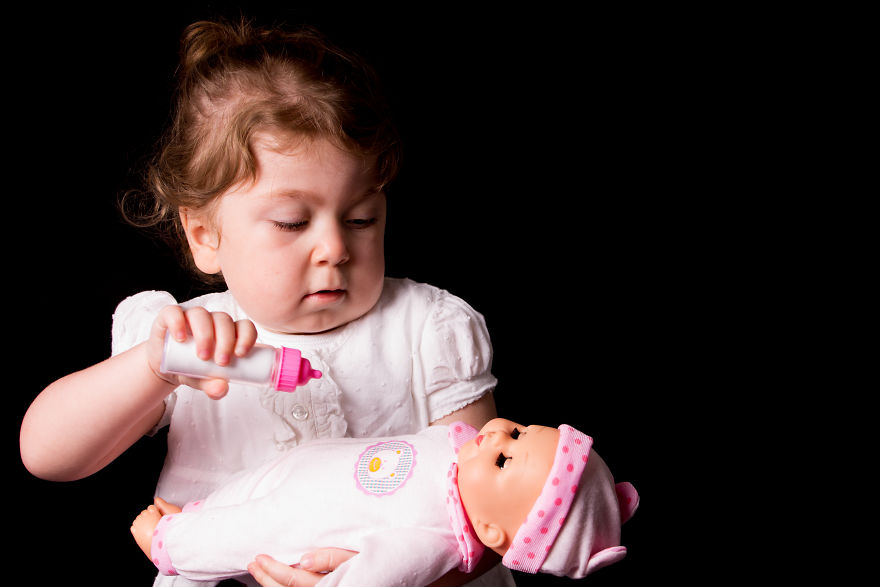
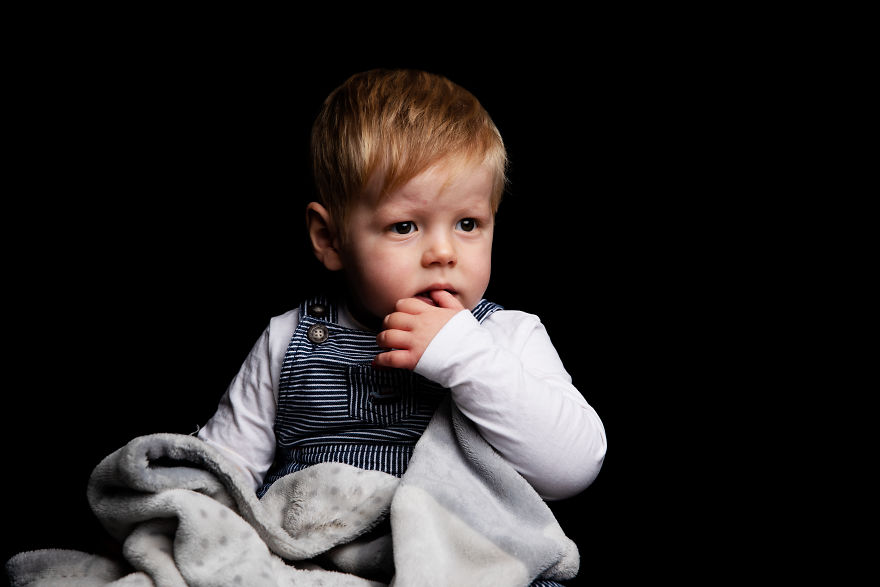
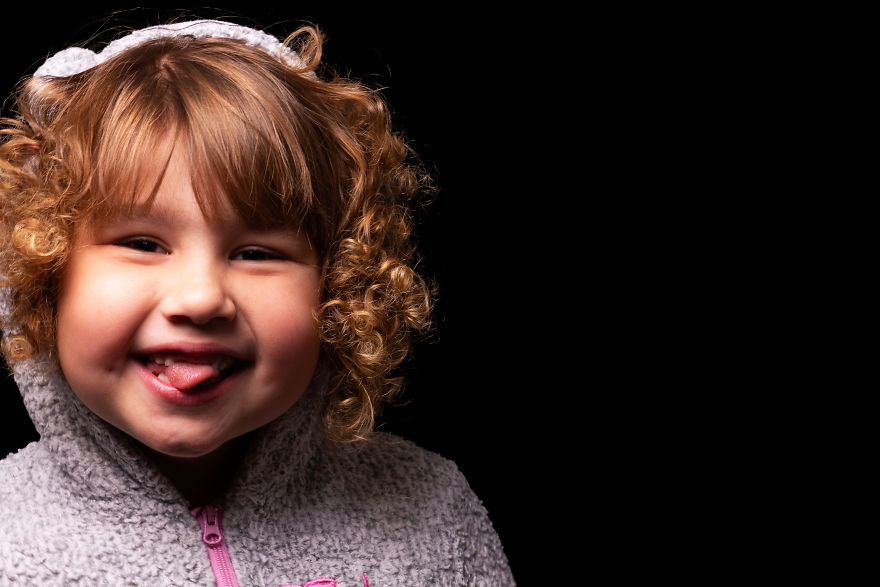
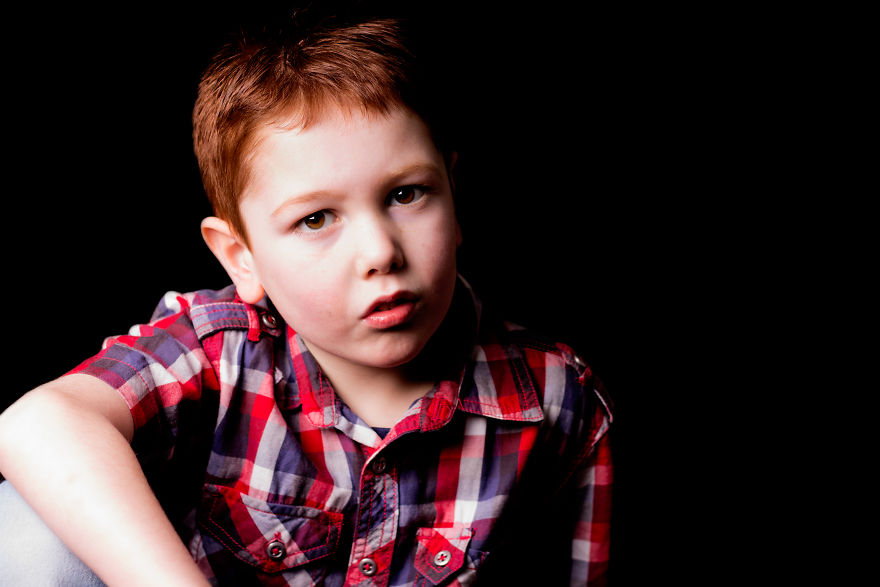
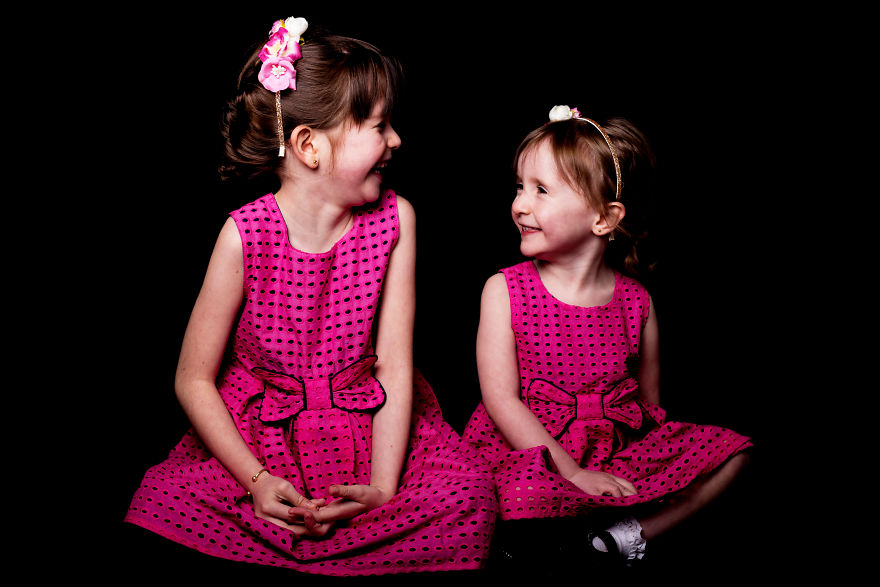
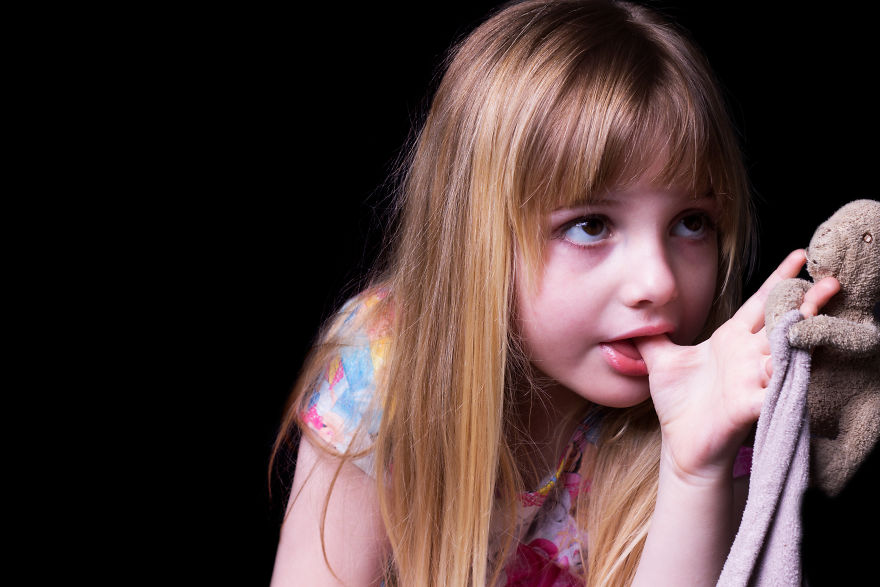
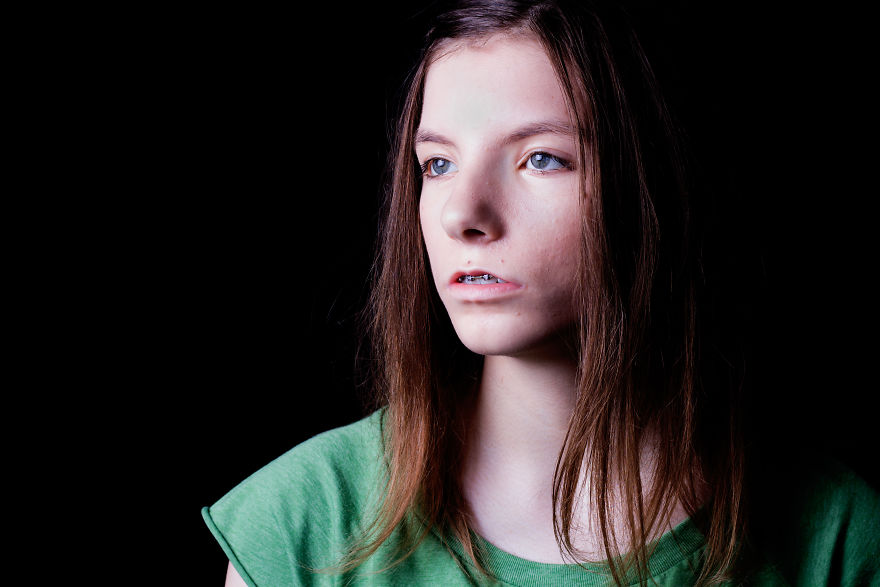











































26
10